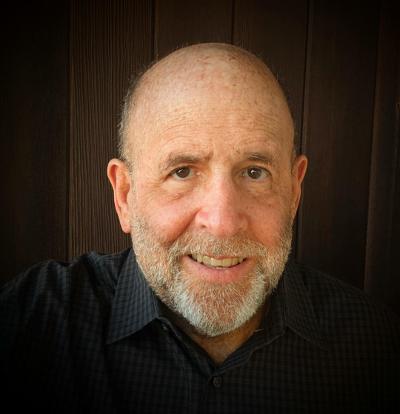
Andrew Malekoff
In the early morning hours of June 22, federal investigators traveled to Lorton, Va., and knocked on Jeffrey Clark’s front door. He opened the door in his boxer shorts. An agent greeted him, “Sir, we gotta clear the house.” A startled Clark pleaded, “Can I put my pants on first?”
To refresh your memory, Clark is the former Justice Department official who wormed his way into President Donald Trump’s good graces in the waning weeks of his presidency.
His aim was to replace acting attorney general Jeffrey Rosen and assist Trump in overturning the 2020 election result.
Clark’s bid for a promotion failed. Trump was advised by Clark’s superiors and White House lawyers that the DOJ would be decimated with nationwide resignations if Clark, an environmental lawyer who never tried a criminal case, was elevated to lead the department.
To add insult to injury, federal agents directed Clark to leave his house without his pants on before the raid commenced. The feds told him, as recorded on body cam footage, “We’re gonna clear the house, and as soon as we clear the house…we’ll get some pants on, okay?”
The hapless Clark was left standing in front of his garage, wearing a light blue button-down shirt, dark-colored boxer shorts and a forlorn look on his face.
In a 2018 New Yorker examination of boxers versus briefs, author Alan Burdick noted, “In 1925, boxer shorts were unleashed on the world: loose-fitting underwear for men, featuring an elastic waistband inspired by the shorts worn by boxers. It was underwear for the inner pugilist.”
Clark does not display any characteristics, inner or outer, of a pugilist. In a photo taken outside his garage, he appeared downtrodden, hands folded behind his back and eyes focused on his feet, as the feds swarmed his house.
Although having to stand outside in your drawers in full public view might seem like indignity enough, on July 22 sad sack Clark was charged with ethics violations by the D.C. Bar’s Office of Disciplinary Counsel.
According to the Washington Post, the D.C. Bar “alleged that Clark engaged in dishonest conduct when he drafted a letter he wanted the Justice Department to send to Georgia state officials demanding the state legislature call a special session to examine votes in the presidential election.”
Sadly, aside from Jeffrey Clark, there are millions of Americans including cartoonish members of the House of Representatives like Lauren Boebert, Marjorie Taylor Greene and Jim Jordan, that continue to support someone who just as easily throws patriotic Americans under the bus as he throws plates of food against the wall.
Just ask his vice president.
Trump referred to him as a coward. “Mike Pence didn’t have the courage to do what should have been done to protect our Country and our Constitution,” he tweeted on Jan. 6 at 2:24 p.m., knowingly riling up his terrorist troops and putting a target on Pence’s back.
Just ask the surviving Capitol and Metro Police officers, many of whom were seriously injured and continue to grieve the deaths of their colleagues.
In his July 10 essay published by the New York Times, Capitol Police Sergeant Aquilino Gonell wrote of Trump: “I believe he betrayed his oath to defend the Constitution, and it was to the detriment of me, my colleagues and all Americans, whom he was supposed to protect.” Gonell was injured during the Jan. 6 riot and spent 18 months in physical therapy for chronic pain that he was advised will never go away.
Trump’s periodic praise of the police does not coincide with his feckless behavior on Jan. 6. What we now know, definitively, is that he could have called off his terrorist mob early on, at the first sign of violence. In fact, everyone in the West Wing on Jan. 6 believed he should have done so, according to the sworn testimony of former White House counsel Pat Cipollone.
Nevertheless, all entreaties fell on deaf ears.
He chose not to call an end to the terrorist attack until after three-plus hours of mayhem that he watched unfold on television in the dining room off the Oval Office.
Finally, when the rioters failed to accomplish Trump’s objective – to put an end to the peaceful transfer of power, he directed his terrorist mob to leave the Capitol. And, he did so in what could have easily been mistaken for a Hallmark greeting: “Go home. We love you. You are very special.”
If Stanley Kubrick were alive today, Trump and his band of extremist miscreants would surely provide all the inspiration the iconic filmmaker would need to direct a sequel to Dr. Strangelove, the 1964 black comedy set during the Cold War.
Despite Kubrick’s satirical genius, however, I am doubtful that even in his wildest imagination would he be able to surpass the terrifying reality we will face if there is another Trump presidency, which will likely last for an indeterminate time.






